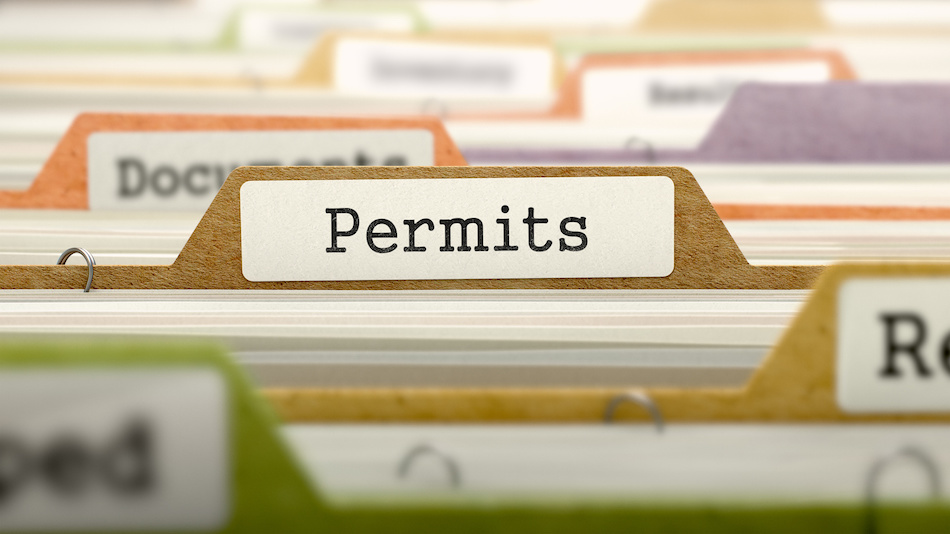Problems With Unpermitted Work
Posted by Dave Kotler on Wednesday, September 29th, 2021 at 1:19pm.
 When investing in a home upgrade or adding on to the existing property, it might be tempting to defray costs by skipping the steps required to get a building permit. On the other hand, perhaps a home was purchased that has been revamped without a permit. It may not be obvious to a home inspector that unpermitted work exists prior to the purchase of a home, as some projects lie behind walls or other areas not easy to access or hard to observe. Read on to learn more about unpermitted work.
When investing in a home upgrade or adding on to the existing property, it might be tempting to defray costs by skipping the steps required to get a building permit. On the other hand, perhaps a home was purchased that has been revamped without a permit. It may not be obvious to a home inspector that unpermitted work exists prior to the purchase of a home, as some projects lie behind walls or other areas not easy to access or hard to observe. Read on to learn more about unpermitted work.
How to Spot Unpermitted Work
Regardless of when the project occurred or who performed it, the owner is held legally responsible, so how do they spot unpermitted work? Step one is to look at the home’s blueprints to see if changes have been made. Step two is to look around for additions that the seller might have made without disclosing them to the city for permitting purposes. The third method is to ask neighbours about updates to the home. Should unpermitted work be spotted, obtaining permits retroactively is possible through the province officials.
Homeowners In for a Surprise
Sellers are under the obligation of disclosing unpermitted work to potential buyers. However, there are cases when unpermitted upgrades and structural changes were performed without necessary approval and licenses, and the information was not provided to sellers. Those in the midst of a renovation may have to halt work in order to get necessary permits or even take down existing unpermitted improvements.
Finding unpermitted work can cost Westbank Centre homeowners time and money. They may attempt to get retroactive permits, work with previous owners or take down upgrades that do not meet necessary codes. In addition, some choose to leave the work as it stands and not get the permit(s) required. This may make it difficult when it comes time to sell a home, as the owner is aware of the situation and must disclose it to potential buyers. They may even have to sell a house for less than its value. Finally, unpermitted work may place occupants at a higher risk of injury. Safety hazards appear significantly more likely for work without a license or proper permits.
Who Is Responsible for Unpermitted Work?
Homeowners are essentially the party responsible for such work. When working with a licensed contractor, they should make sure that the contractor will get the necessary permits for work. A homeowner can also get the permits for work performed, but it may be easier for the contractor to do so as they may be more familiar with the process. Unpermitted work can be found in existing homes and in new construction, and some contractors may not get permits even when obligated in a contract to do so.
Know More About Canadian Building Permits
Look into the building codes in one's province before tacking a major renovation. Building permits are often required when it comes to load-bearing structures, such as additions and decks. In addition, a permit may be necessary when it comes to changes to plumping, electrical work, heating systems and more. A Canadian homeowner may need to correct deficiencies. In such cases, it may be necessary to show project drawings for approval at a municipal building permit office and schedule on-site visits for final approval. Even though a property owner is responsible for work performed on a structure, other parties may be held accountable for unpermitted work that occurred in the past.
Options for Homeowners
Check the province for more information and potential options for recourse. In some instances, vendors, builders, engineers and other parties may be held responsible, as in the case of work defects. However, a relatively short timeframe may apply to these situations. It may be necessary to remediate electrical issues or problems with load-bearing structures personally and seek out required permits in order to reduce potential hazards and personal liability should someone get injured on a homeowner's property.
Dave Kotler

